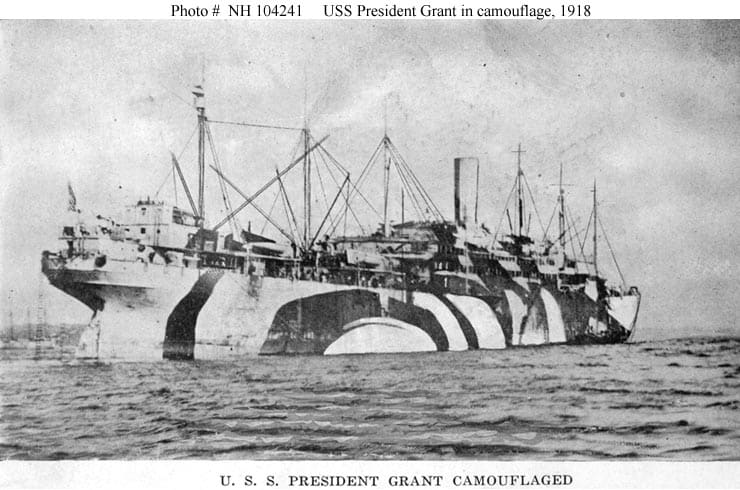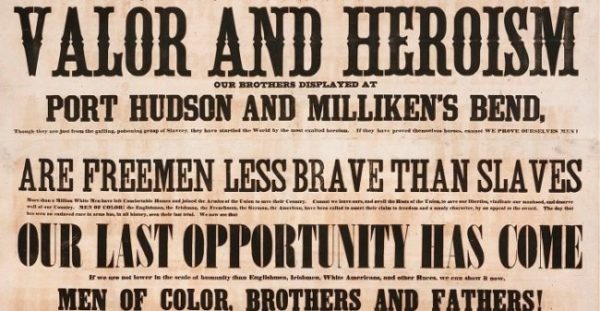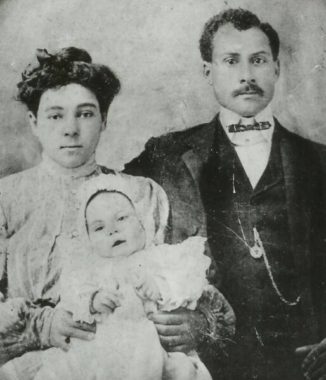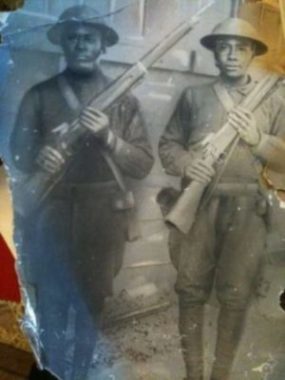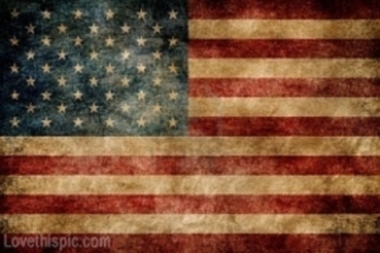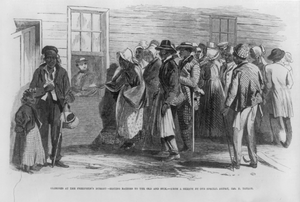Maternal: (Pointe Coupee Parish)
Nelson Pierson Paul Albert Jones St.Louis Hunter Irvine Taylor Bryant/Briant LeBeau Pierre Porche Sneed Morgan Sterling Wilkerson Gauthier Lewis
Maternal DNA Matches: Asheford Banks Bell Boatner Bordelon Brown Cato Ceazar Cote Couvillion Cox Chenevert Chustz Christophe David Dauzat Ducote Foster Ghent Gremillion Gyasi Harris Hebert Hurst Igwenagu Jarreau Kemp Knighten Langlois LeJeune Omotor Patin Pourciau Makinde Marioneau Sorrell Lacour Collins Hebert Mayeaux Moreau Fabre Saizan Olinde Palmer Demoulin Lee Honore Robillard Rabalais Rodrigue Rogers Stewart Seldon Walker Wilcox and many more.
Paternal: (East Baton Rouge Parish)
Mckee,Splan/Spland/Splann White Green Watson Carter Gardner Bolden Young O’Neil Sims Wilkerson Harper Chanet/Chenette Menett
Paternal DNA Matches: Arceneau Bosarge/Bouzage Baudreau Beauchamp Becnel Braud Breaux Cage Chenet Chevis Cuevas DeGruy Deroncelet Deakle Fluharty, HatfieldHarper Haydel Hebert Gibson Grelot Guillory Jeffries Sarpy Manade Marquez McKenna Miller Murphy Moncrieffe Keys Ladner/Ladnier McKee McCoy McGee Morin Moran Morace Morass Palao Quave Sonnier Favre Wicks Wilcox, Workman, Rousseau, Verette and many more.
Both Side DNA Matches: Alexander Anderson Arceneaux Baker Ball Bello Banks Bell Bennett Bergeron Bienville Black Breaux Brewer Brooks Broussard Brown Bynum Cary Cash Chapman Clark Cole Coleman Cook Cox Daniel(s) Davenport Decuir Dixon Dupuis Dupuy Evans Fields Fontenette Fontenot Foster Gaspard Gauthier Gibson Gipson Gremillion Guidry George Goin(s) Goings Green Griffin Hall Hardy Hardee Haydel Haynes Hebert Hudson Jackson Joffrion Johnson Kendrick Manning Martin Menard Merriwether Morgan Murphy Murray Neal Oliver Payne Perry Proctor Pollard Powell Moreau Landry Lemoine Lewis LeJeune Lucas Rogers/Rodgers Roy Ruffin Sellers Sellars Shields Sheppard Smith Stewart Tanner Taylor Thomas Thompson Tucker Varnado Vaughn Warner Williams White Wood Wright Young
Locations:
Louisiana Parishes – Pointe Coupee, West Feliciana, East Baton Rouge, Orleans, Avoyelles, St. Landry, Oauchita , St. John the Baptist, and nearby parishes. Mobile, AL.
Mississippi, Ohio, Maryland,Wisconsin,Michigan, Wheeling, Virginia , West Virginia, Washington DC , AL, NC, SC, GA, MO, AK, TX
